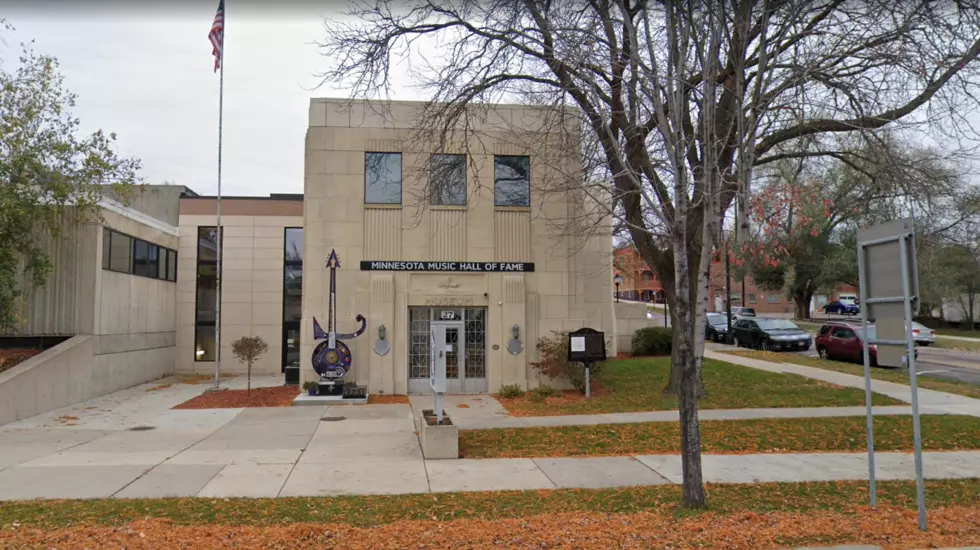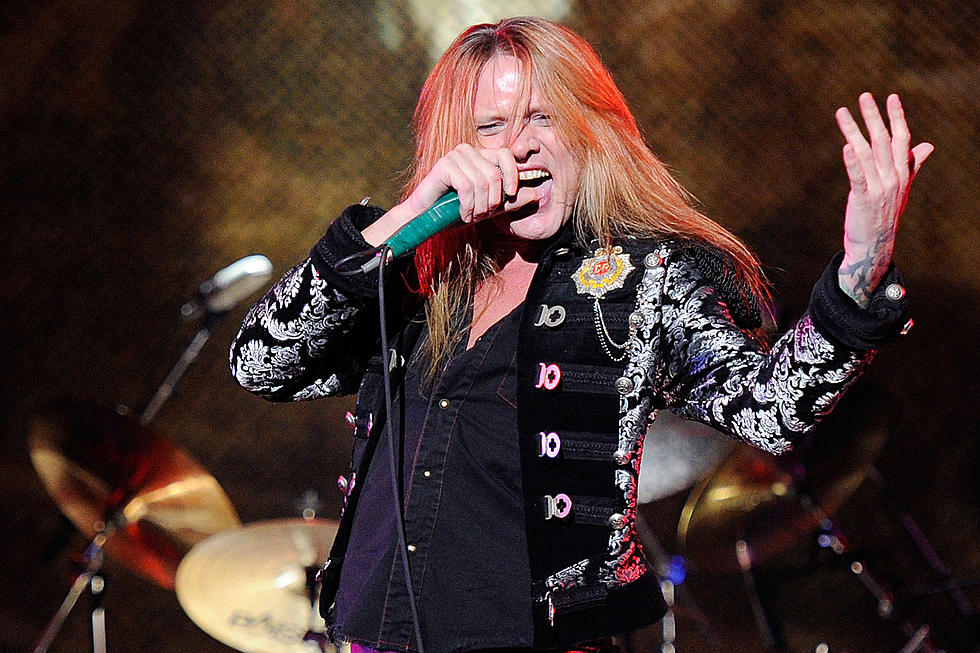
Why Black Sabbath’s Fortunes Turned With ‘Cross Purposes’
Cross Purposes arrived on Jan. 31, 1994, during a period of sustained turbulence for Black Sabbath. Their inability to retain a singer long enough to reclaim their place among metal's leading bands had become something of a comedy of errors.
The trend began with Black Sabbath's turn-of-the-'80s separation from original singer Ozzy Osbourne, who'd gone on to become a solo star. Next came the arrivals, and departures, of Ronnie James Dio, Ian Gillan, Ray Gillen, Glenn Hughes and Tony Martin.
The early '90s looked more promising for Black Sabbath, as guitarist Tony Iommi and bassist Geezer Butler made peace with Dio and drummer Vinnie Appice to complete a Mob Rules-era reunion for 1992's Dehumanizer.
Sabbath scored their first Top 50 U.S. album since 1983. But then Iommi and Butler agreed to support Osbourne through a series of dates billed as his farewell concerts – though, obviously, Ozzy changed his mind – and Dio quit once more.
After that, Judas Priest's Rob Halford filled in, and then Iommi and Butler turned to a familiar face in the ever-reliable (and infinitely patient) Tony Martin. This new lineup was rounded out by erstwhile Rainbow drummer Bobby Rondinelli in time for the Cross Purposes sessions.
Watch Black Sabbath's Video for 'Hand That Rocks the Cradle'
The result, despite all of this renewed turmoil, was a perfectly respectable Black Sabbath album, bearing strong material in the likes of "Cross of Thorns," "Dying for Love" and "The Hand that Rocks the Cradle." However, it ultimately lacked the absolute home-run track necessary to build on the ever-so-brief momentum of Dehumanizer.
Instead, Cross Purposes met with little support, barely scratching its way into the Billboard charts at No. 122 as Black Sabbath gamely hit the road for select dates in America and the UK.
Change was still in the air. Rondinelli subsequently quit, then was replaced in a pinch by original drummer Bill Ward. A disillusioned Butler soon followed Rondinelli out the door, leaving Iommi as Black Sabbath's lone remaining founding member – just as he had been throughout the band's late '80s slump.
Perhaps unsurprisingly, Black Sabbath limped through 1995's Forbidden, and then went silent for a lengthy period. They wouldn't return until 2013 when a reunion with Ozzy Osbourne finally led to the smash-hit 13.
Rock's Ugliest Band Breakups
Was Black Sabbath’s ‘Never Say Die!’ Doomed to Fail?
More From KYBB-FM / B102.7










